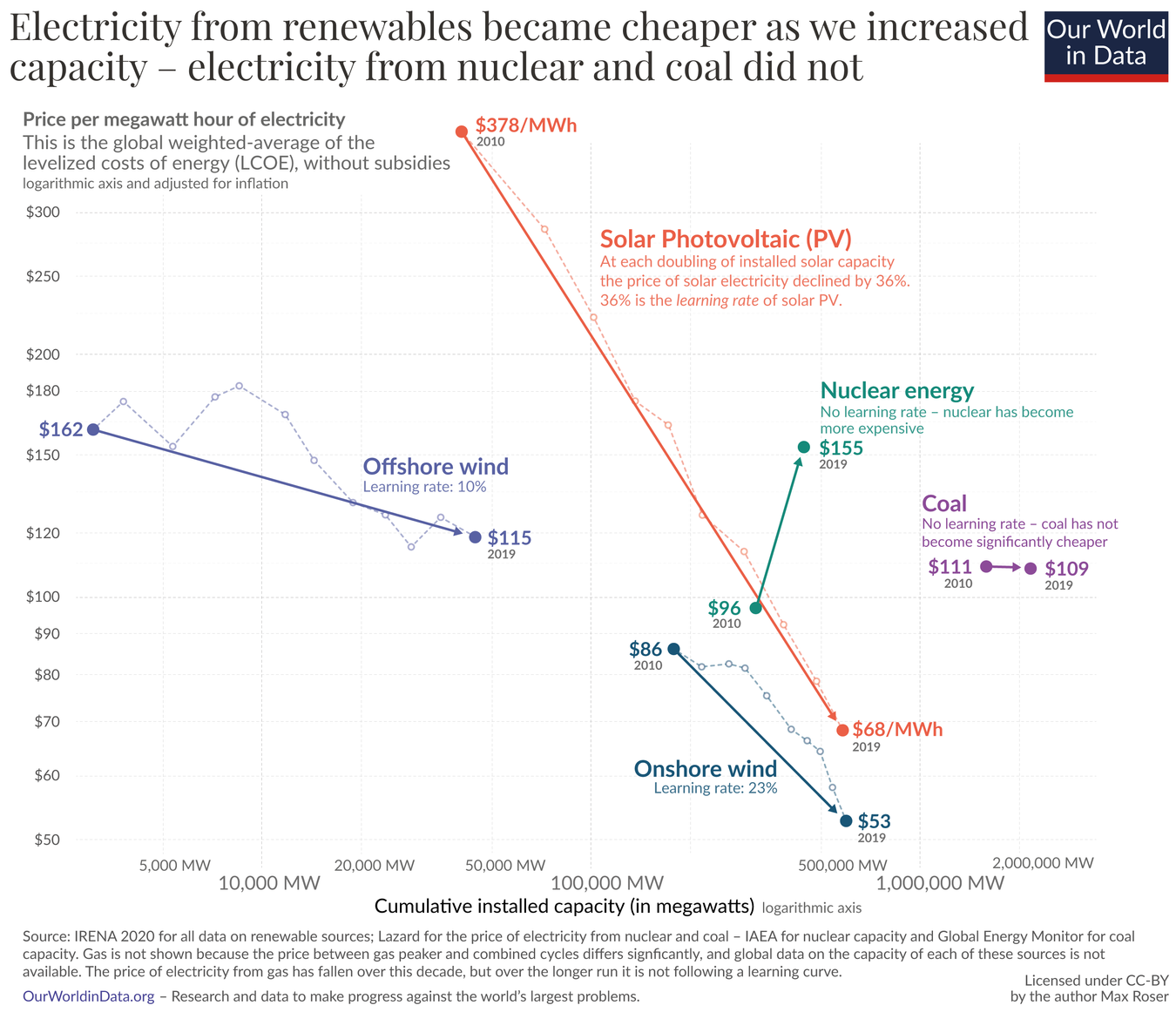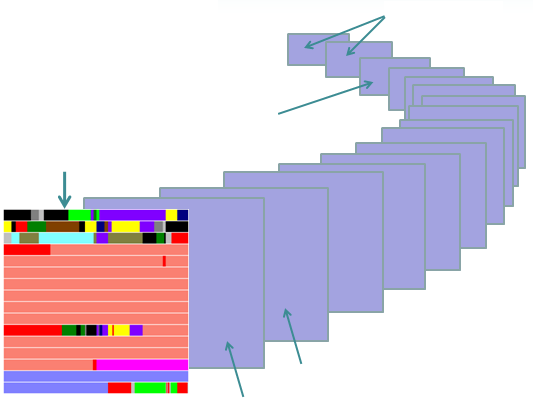- 3 Posts
- 150 Comments

 2·11 months ago
2·11 months agoWell, typically, being married for 60 years would also involve not dying for the past 70+ years…

 1·11 months ago
1·11 months agoWell, this isn’t a problem for smaller, less centralized services, so that might be an answer. Obviously not an answer big corporations will bring to the table, but ultimately, it might simply be among the reasons why users do still prefer smaller services.

 2·11 months ago
2·11 months agoI watched it on my phone in 1080p60 and the scale didn’t bother me. It’s not like I have to read a lot of text and the precise position of the player character is mostly irrelevant, too. Like, if you get hit by a train or something, the screen will flash red and you’ll react to it, too, so I’ll know what’s going on.
Well, and I don’t look at the screen at all times anyways. 🙃
Would like to see more of this journey…

 11·11 months ago
11·11 months agoI don’t think, the human brain is special either, but we are still two big steps ahead IMHO:
- We can perceive what we’ve generated, to judge whether it’s good or bad.
- We perceive many, many inputs throughout our lives. Not just text, visuals, audio, but also taste, smell, touch and more. To be simultaneously creative and relatable to humans, AIs would need to be equipped with these concepts and would need to be given ‘memories’, which are fleshed out with all these kinds of input.

 2·11 months ago
2·11 months agoI’m excited for these, especially with them likely coming for stable Firefox soon, too. My $DAYJOB hands out Ubuntu laptops and every time, we have to scrape off the Firefox Snap, because e.g. saving images doesn’t work and the Downloads directory is in some mystical place somewhere underneath
~/snap/. These APTs will almost restore the usability of other distros…

 2·11 months ago
2·11 months agoI’m having a hard time figuring out, if these exist elsewhere, but over here, I can buy dried soy shreds, which are really great for pasta.
Here's a product I can buy over here, to give you an idea.
So, those are roughly meatball-shaped. There’s also smaller one’s which kind of work in sauces like minced meat.
They don’t taste like meat, more like wheat, but they give you the same protein and chewiness and can be kept in a cupboard basically until the end of time.
Ültrafast
Wenn beim Angelsächsischen mal wieder das Sächsische durchkommt…

 6·11 months ago
6·11 months agoIf it helps, the Windows/Linux logic is basically:
- Ctrl key for triggering actions within an application.
- Alt key for navigating the UI of an application via the keyboard.
- Meta/Super/Windows key for triggering actions outside of applications (on the OS level).
Well, and Ctrl, Alt, Shift also serve for alternative characters when you’re typing. And some application or OS shortcuts wildly combine modifiers for more complex keybindings. And of course, some applications just didn’t get the note of how this generally works. I won’t claim, it really follows rules, but yeah, it’s not generally complete chaos either.

 4·11 months ago
4·11 months agoI think, what you’re describing used to be a thing, but there’s now a somewhat different, more granular way of rebinding keybindings:

However, it should be said that these will only apply within KDE applications. If you’re using third-party stuff, like Firefox, GIMP, VLC etc., they won’t apply.
If you really want to go hard on rebinding all kinds of keys for any application, you can also do things like these:

As cool as both of these are, and as much as I would still generally recommend picking KDE for these kind of customization possibilities, I wouldn’t recommend overdoing either. You won’t be able to use other PCs anymore…
Pictures are probably better than a thousand words here:
Hmm, interesting. Here in Germany, power companies are partially privatized and I always thought, whomever came up with that nonsense took inspiration from the turbo-capitalism in the USA. Apparently not.
Do they need to be profitable, though, in your model? It mostly sounds like a traditional public service, where the government could just tell them to use the money for solar…
“Open-source” is not up for interpretation. The word was coined by this definition being made public: https://opensource.org/osd/
More profitable for fossil fuel companies, sure. And they will lobby to stay in business.
But no one needs fossil fuel companies. If you can sell 1 MWh power, that’s a fixed amount of income. If you have less costs to cover (what the graphic shows), then that’s more profit for you.

 6·1 year ago
6·1 year agoYou need to tap 7 times on a random UI element, deep down in a settings menu. There is no way any instructions could direct a non-techy to do that, even if the non-techy wanted to.
Alright, yeah, good point with the batteries. I’m hoping the batteries in electric cars will double up as storage for the grid (already happening today), but also that there’s just enough redundancy with other renewables.
Possible. But well, whether these regulations actually are bullshit or not, kind of doesn’t matter. A dumb solar panel won’t ever need to be regulated as much. If that’s what makes it cheaper, it still is cheaper.
I’m not quite sure, why it was left out of that graph, maybe they didn’t have matching data, but it is shown here (from the same source article):

So, what did you want me to do? Post the same graph, but black out the nuclear line, so no one can see it going upwards? I do find that data point interesting, too, but I would have posted this, even if it was just the solar dropping as it does.



In principle, I agree, but I feel like part of that is just AAA vs. indie.
AAA games need to provide lots of lukewarm content, because many more casual players will buy them and expect much bang for their buck + haven’t seen this lukewarm content a million times already.
On the other hand, indies will basically only be bought by people more enthusiastic about the hobby. As such, they have to pick out one or two aspects and excel at them, so that it’s something new for that crowd.
Hello Games was indie and unknown at the time, so likely only attracted that gaming enthusiast crowd, which would have been more easily bored by the extremely lukewarm content in Starfield.